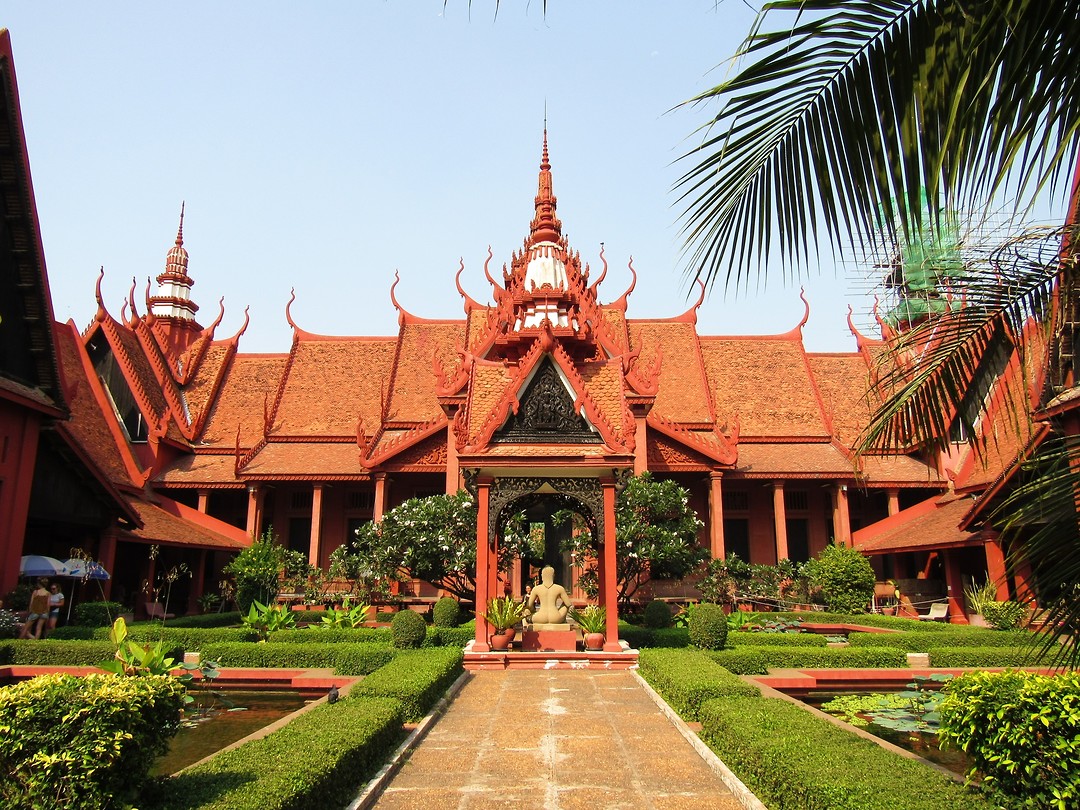I believe good writing should transport you. Whether I’m translating, editing, or telling a story, I aim to bring you closer to the heart of the subject. This poem is my love letter to Cambodia, and perhaps the best way to understand how I work: attentive, layered, and transformative.
Fragments
Between the stone faces of Bayon
and the silent fields where bones still whisper,
a country emerges from morning mist,
carrying its ghosts with quiet dignity.
Ancient temples breathe in jungle air,
while motorbikes weave through Phnom Penh streets,
vendors call out with rhythmic precision,
and children play along the Tonlé Sap’s edge
History sits heavy on tired shoulders,
not a burden but a testament
to survival’s extraordinary art.
The Mekong flows, indifferent to sorrow.
Cambodia does not ask to be understood.
It asks only to be witnessed,
to enter your bones like music,
to transform you without permission.
In crowded markets filled with silk and spice,
beneath temple flowers scenting evening prayers,
through rice fields stretching toward the horizon,
lies a truth that cannot be captured in words.
Saffron-robed monks collect morning alms,
while rain clouds gather over Angkor’s stones.
The country’s heart beats in steady time,
waiting for those willing to simply listen.
And if you ever leave, you carry fragments
the jolt of iced coffee in the midday heat,
the weight of monsoon rain on your skin,
the chaotic symphony of city streets,
eyes that have seen centuries of both beauty and pain.
This is how Cambodia remains:
not conquered, not solved, not possessed,
but eternally echoing in the chambers of your heart,
a song you cannot translate,
a song you will never forget.
Ramon Stoppelenburg

